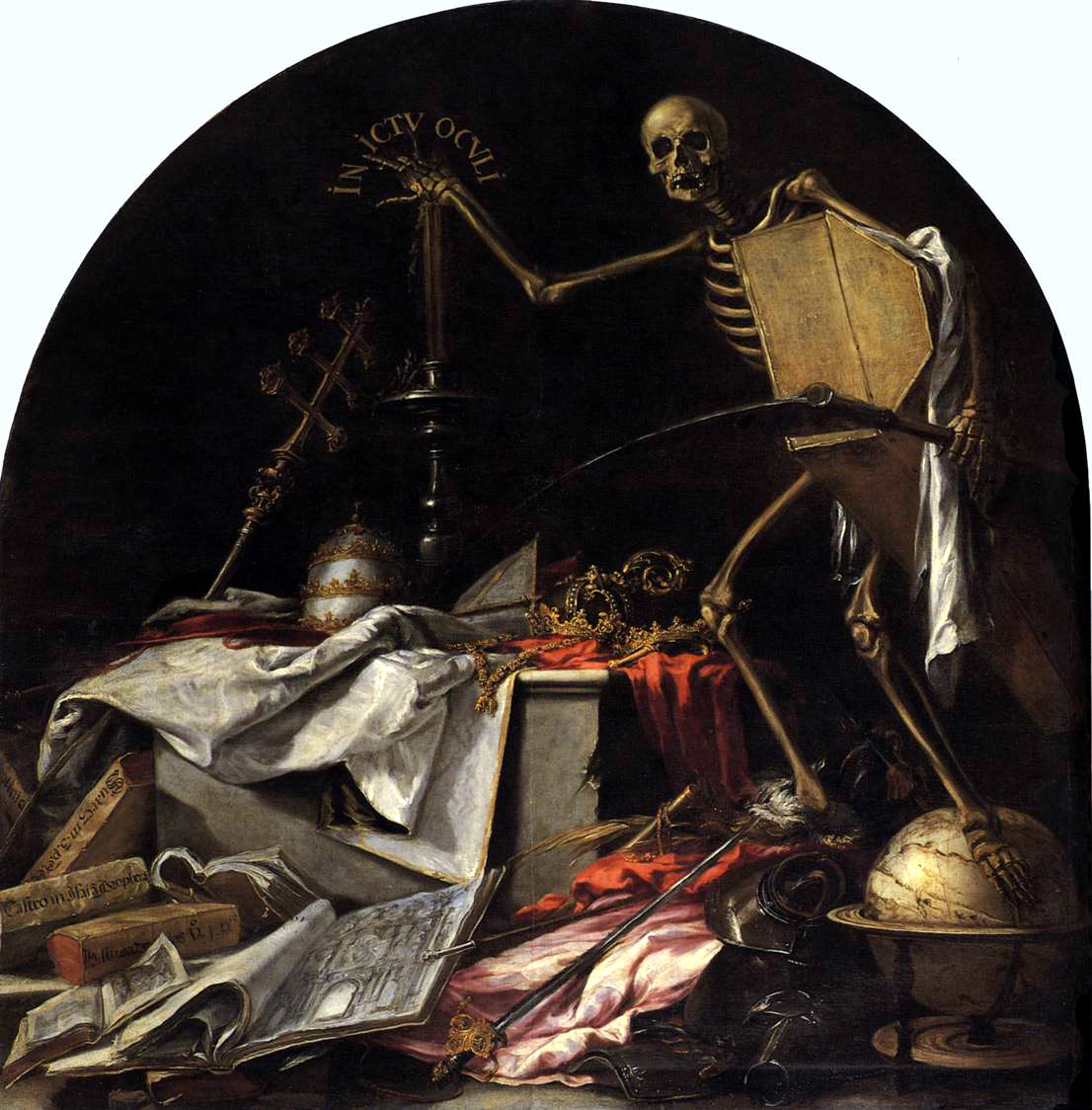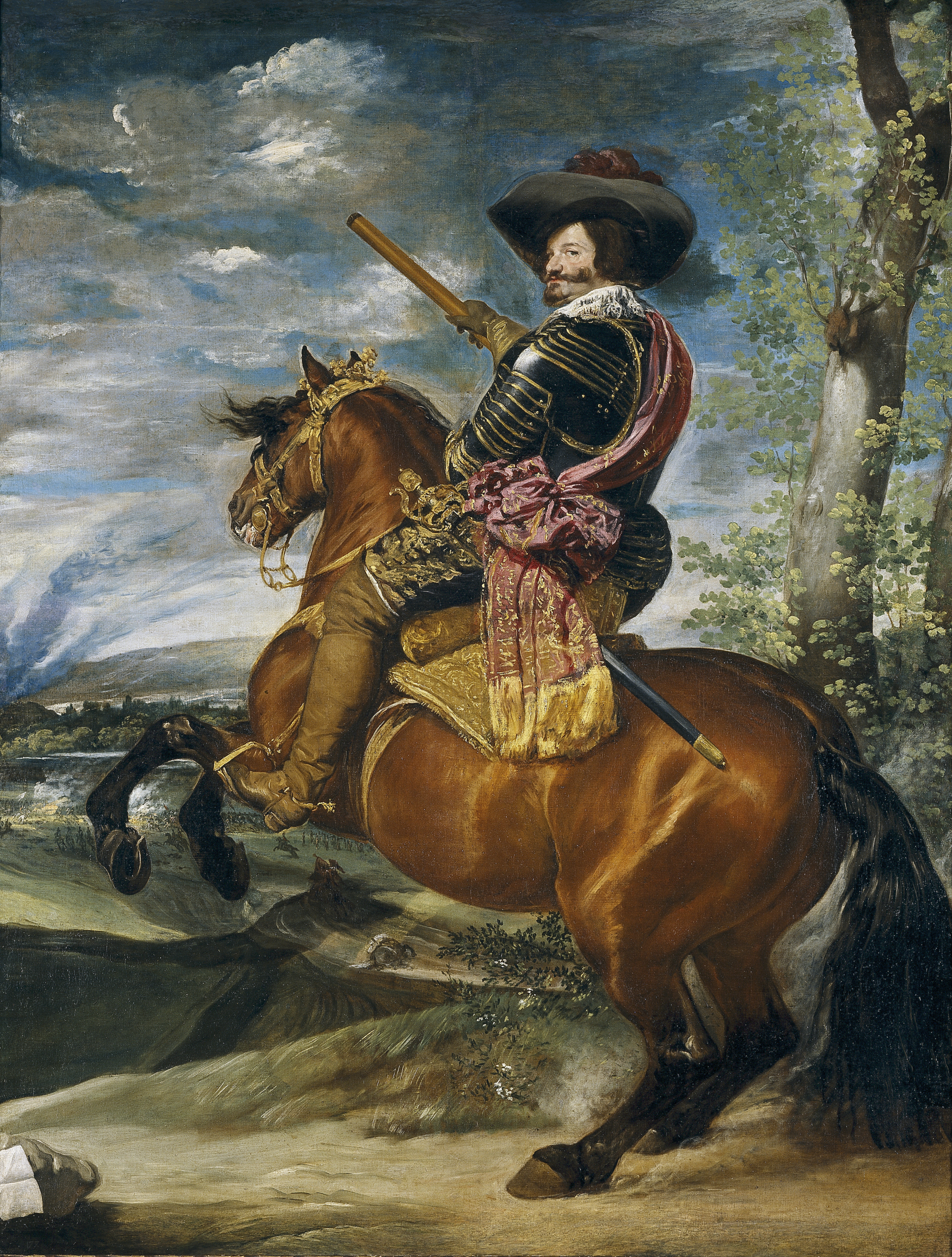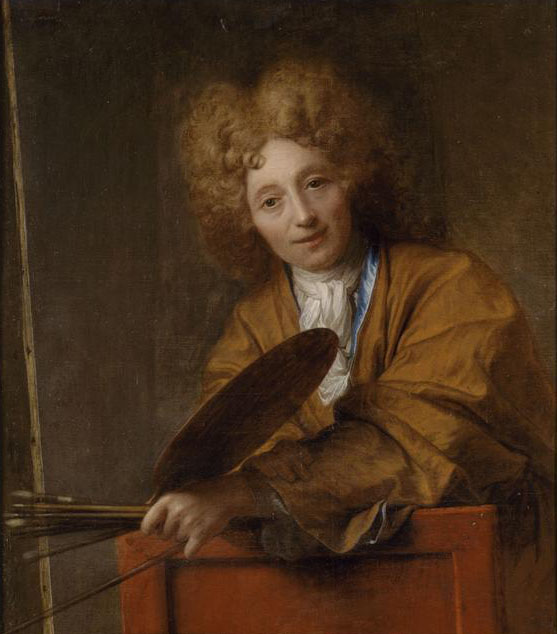|
Gabriel Bocángel
Gabriel Bocángel y Unzueta (1603–1658) was a playwright and poet of the Spanish Golden Age. Born in Madrid, he studied at Alcalá de Henares and then served as librarian to Cardinal-Infante Ferdinand. He also served as bookkeeper and chronicler to the king. He participated in various literary contests and competitions. Philip IV of Spain granted him a life pension. He was the first playwright to introduce music into theatrical performances, thus creating a distant precursor to the zarzuela () is a Spanish lyric-dramatic genre that alternates between spoken and sung scenes, the latter incorporating operatic and popular songs, as well as dance. The etymology of the name is uncertain, but some propose it may derive from the name o .... His poems can be divided into two main groups: ''Liras Humanas'' and ''Liras Sagradas''. References External links Biografía y selección poética 1603 births 1658 deaths 17th-century Spanish dramatists and playwrights ... [...More Info...] [...Related Items...] OR: [Wikipedia] [Google] [Baidu] |
Playwright
A playwright or dramatist is a person who writes play (theatre), plays, which are a form of drama that primarily consists of dialogue between Character (arts), characters and is intended for Theatre, theatrical performance rather than just Reading (process), reading. Ben Jonson coined the term "playwright" and is the first person in English literature to refer to playwrights as separate from Poet, poets. The earliest playwrights in Western literature with surviving works are the Ancient Greeks. William Shakespeare is amongst the most famous playwrights in literature, both in England and across the world. Etymology The word "play" is from Middle English , from Old English ("play, exercise; sport, game; drama, applause"). The word ''wikt:wwright'' is an archaic English term for a Artisan, craftsperson or builder (as in a wheelwright or Wagon, cartwright). The words combine to indicate a person who has "wrought" words, themes, and other elements into a dramatic form — a play. ... [...More Info...] [...Related Items...] OR: [Wikipedia] [Google] [Baidu] |
Poet
A poet is a person who studies and creates poetry. Poets may describe themselves as such or be described as such by others. A poet may simply be the creator (thought, thinker, songwriter, writer, or author) who creates (composes) poems (oral tradition, oral or literature, written), or they may also performance, perform their art to an audience. The work of a poet is essentially one of communication, expressing ideas either in a literal sense (such as communicating about a specific event or place) or metaphorically. Poets have existed since prehistory, in nearly all languages, and have produced works that vary greatly in different cultures and periods. Throughout each civilization and language, poets have used various styles that have changed over time, resulting in countless poets as diverse as the literature that (since the advent of writing systems) they have produced. History Ancient poets The civilization of Sumer figures prominently in the history of early poetry, a ... [...More Info...] [...Related Items...] OR: [Wikipedia] [Google] [Baidu] |
Spanish Golden Age
The Spanish Golden Age (Spanish language, Spanish: ''Siglo de Oro'', , "Golden Century"; 1492 – 1681) was a period of literature and the The arts, arts in Spain that coincided with the political rise of the Spanish Empire under the Catholic Monarchs of Spain, and the Habsburg Spain, Spanish Habsburgs. The Spanish Golden Age is broadly associated with the reigns of Isabella I of Castile, Isabella I, Ferdinand II of Aragon, Ferdinand II, Charles V, Holy Roman Emperor, Charles V, Philip II of Spain, Philip II, Philip III of Spain, Philip III, and Philip IV of Spain, Philip IV, when Spain was at the peak of its power and influence in Europe and the world. Overview The Spanish Golden Age began after the union of King Ferdinand II of Aragon and Queen Isabella I of Castile, which brought stability following years of conflict. After the conquest of Al-Andalus (Islam in Spain, Muslim Spain) and the Expulsion of Jews from Spain, expulsion of the Jews, the various Christian kingdoms ... [...More Info...] [...Related Items...] OR: [Wikipedia] [Google] [Baidu] |
Madrid
Madrid ( ; ) is the capital and List of largest cities in Spain, most populous municipality of Spain. It has almost 3.5 million inhabitants and a Madrid metropolitan area, metropolitan area population of approximately 7 million. It is the Largest cities of the European Union by population within city limits, second-largest city in the European Union (EU), and its wikt:monocentric, monocentric Madrid metropolitan area, metropolitan area is the List of metropolitan areas in Europe by population, second-largest in the EU.United Nations Department of Economic and Social AffairWorld Urbanization Prospects (2007 revision), (United Nations, 2008), Table A.12. Data for 2007. The municipality covers geographical area. Madrid lies on the Manzanares (river), River Manzanares in the central part of the Iberian Peninsula at about above mean sea level. The capital city of both Spain and the surrounding Community of Madrid, autonomous community of Madrid (since 1983), it is also th ... [...More Info...] [...Related Items...] OR: [Wikipedia] [Google] [Baidu] |
Alcalá De Henares
Alcalá de Henares () is a Spanish municipality of the Community of Madrid. Housing is primarily located on the right (north) bank of the Henares River, Henares. , it has a population of 193,751, making it the region's third-most populated Municipalities in Spain, municipality. Predated by earlier hilltop settlements (''oppidum, oppida'') and the primitive ''Complutum'' on the left bank of the Henares, the new Roman settlement of ''Complutum'' was founded in the mid 1st century on the right bank (north) river meadow, becoming a bishopric seat in the 5th century. One of the several Muslim citadels in the Central March, Middle March of al-Andalus (hence the name ''Alcalá'', a derivative of the Arabic term for citadel) was established on the left bank, while, after the Christian conquest culminated , the bulk of the urban nucleus returned to the right bank. For much of the late middle-ages and the early modern period before becoming part of the province of Madrid, Alcalá de Henares ... [...More Info...] [...Related Items...] OR: [Wikipedia] [Google] [Baidu] |
Cardinal-Infante Ferdinand
Cardinal-Infante Ferdinand (also known as Don Fernando de Austria, Cardenal-Infante Fernando de España and as Ferdinand von Österreich; 16 May 1609 – 9 November 1641) was a Spanish and Portuguese prince (Infante of Spain, Infante of Portugal (until 1640)), Governors of the Habsburg Netherlands, Governor of the Spanish Netherlands, Cardinal (Catholicism), Cardinal of the Holy Catholic Church, Archduke of Austria, Archbishop of Toledo (1619–1641), and a general during the Thirty Years' War, the Eighty Years' War, and the Franco-Spanish War (1635-1659), Franco-Spanish War. He is commonly considered the last great commander and strategist of the Spanish Empire, whose premature death in a critical moment helped bring about the end of Spanish hegemony in Europe. Biography Youth Born at the El Escorial near Madrid, Spain in 1609a, he was the son of the King of Spain and King of Portugal, Portugal, Philip III of Spain, Philip III and II and Margaret of Austria (1584-1611), Marg ... [...More Info...] [...Related Items...] OR: [Wikipedia] [Google] [Baidu] |
Chronicler
A chronicle (, from Greek ''chroniká'', from , ''chrónos'' – "time") is a historical account of events arranged in chronological order, as in a timeline. Typically, equal weight is given for historically important events and local events, the purpose being the recording of events that occurred, seen from the perspective of the chronicler. A chronicle which traces world history is a universal chronicle. This is in contrast to a narrative or history, in which an author chooses events to interpret and analyze and excludes those the author does not consider important or relevant. The information sources for chronicles vary. Some are written from the chronicler's direct knowledge, others from witnesses or participants in events, still others are accounts passed down from generation to generation by oral tradition.Elisabeth M. C. Van Houts, ''Memory and Gender in Medieval Europe: 900–1200'' (Toronto; Buffalo: University of Toronto Press, 1999), pp. 19–20. Some used written ... [...More Info...] [...Related Items...] OR: [Wikipedia] [Google] [Baidu] |
Philip IV Of Spain
Philip IV (, ; 8 April 160517 September 1665), also called the Planet King (Spanish: ''Rey Planeta''), was King of Spain from 1621 to his death and (as Philip III) King of Portugal from 1621 to 1640. Philip is remembered for his patronage of the arts, including such artists as Diego Velázquez, and his rule over Habsburg Spain, Spain during the Thirty Years' War. By the time of his death, the Spanish Empire had reached approximately 12.2 million square kilometres (4.7 million square miles) in area but in other aspects was in Decline of Spain, decline, a process to which Philip contributed with his inability to achieve successful domestic and military reform. He was succeeded on his death by his young son Charles II of Spain, Charles II as King of Spain and in 1640 (with the collapse of the Iberian Union) by John IV of Portugal, John IV as King of Portugal. Personal life Philip IV was born in the Royal Palace of Valladolid, and was the eldest son of Philip III of Spai ... [...More Info...] [...Related Items...] OR: [Wikipedia] [Google] [Baidu] |
Zarzuela
() is a Spanish lyric-dramatic genre that alternates between spoken and sung scenes, the latter incorporating operatic and popular songs, as well as dance. The etymology of the name is uncertain, but some propose it may derive from the name of a royal hunting lodge, the Palace of Zarzuela, near Madrid, where that type of entertainment was allegedly first presented to the court. The palace in turn was named after the brambles () that grew there. There are two main forms of ''zarzuela'': Baroque ''zarzuela'' (), the earliest style, and Romantic ''zarzuela'' (). Romantic zarzuelas can be further divided into two main subgenres, ''género grande'' and '' género chico'', although other sub-divisions exist. ''Zarzuela'' spread to the Spanish dominions, and many Spanish-speaking countries – notably Cuba – developed their own traditions. ''Zarzuela'' is also a strong tradition in the Philippines, where it is also referred to in certain languages as . Other regional an ... [...More Info...] [...Related Items...] OR: [Wikipedia] [Google] [Baidu] |
1603 Births
Events January–March * January 24 – Anglo-Spanish War: English Admiral Christopher Newport leads an unsuccessful attempt to take the Spanish-controlled Caribbean island of Jamaica, where he was attempting to pillage the area to obtain supplies. The Spanish defenders repel the fleet, and Newport leads the attackers to the coast of Central America. * February 17 – Anglo-Spanish War: The Battle of Puerto Caballos (1603), Battle of Puerto Caballos is fought off of the coast of Guatemala by two Spanish Navy galleons, and eight English Navy and French pirate ships. The English-French soldiers and pirates, commanded by Christopher Newport Christopher Newport ( – ) was an English seaman and privateer. During the war with Spain Newport was one of the most successful ' Elizabethan Sea Dogs' to venture to the Spanish Main, making large profits. Newport is best known as the c ... and Michael Geare, plunder Puerto Caballos over the next two weeks, and the Sp ... [...More Info...] [...Related Items...] OR: [Wikipedia] [Google] [Baidu] |
1658 Deaths
Events January–March * January 13 – Edward Sexby, who had plotted against Oliver Cromwell, dies in the Tower of London. * January 30 – The "March Across the Belts" (''Tåget över Bält''), Sweden's use of winter weather to send troops across the waters of the Danish straits at a time when winter has turned them to ice, begins. Within 17 days, Sweden's King Karl X Gustav leads troops across the ice belts to capture six of Denmark's islands as Swedish territory. * February 5 – Prince Muhi al-Din Muhammad, one of the sons of India's Mughal, Emperor Shah Jahan, proclaims himself Emperor after Jahan names Muhi's older brother, Dara Shikoh, as regent, and departs from Aurangabad with troops. * February 6 – Swedish troops of Charles X Gustav of Sweden March Across the Belts, cross The Great Belt in Denmark, over frozen sea. * March 8 (February 26 Old Style and New Style dates, OS) – The peace between Sweden and Denmark-Norway is concluded i ... [...More Info...] [...Related Items...] OR: [Wikipedia] [Google] [Baidu] |





